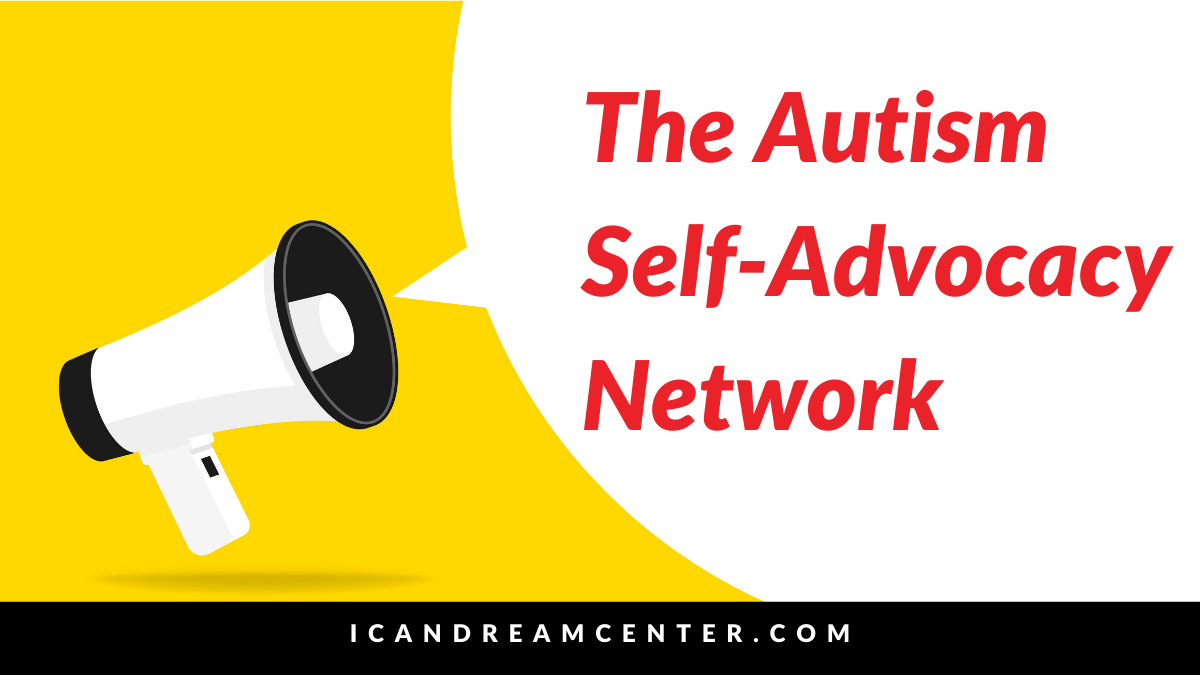
The Autism Self-Advocacy Network
It is good to know of other organizations empowering people with autism to create societal change. One such organization is the nonprofit, Autism Self-Advocacy Network, also known as ASAN.
The Autism Self-Advocacy Network “seeks to advance the principles of the disability rights movement with regard to autism. ASAN believes that the goal of autism advocacy should be a world in which autistic people enjoy equal access, rights, and opportunities.”
The ASAN has been critical on the view that vaccinations “cause autism” (a decade old assertion other organizations have now rescinded), which helped them improve their services and message.
ASAN’s motto is “nothing about us without us,” which means that there should not be any decisions or discussions made about people with autism without including those who are on the spectrum. After all, these are the people who are the experts of their experiences and therefore have a powerful voice in what should be happening where policy and social change is concerned. ASAN is known for the idea of what is known as the “social model of disability,” which is orienting society around accepting the differences of those with disabilities, rather than attempting to “fix” people, or in other words, attempt to make them more like “normal” or neurotypical people.
A nonprofit organization, ASAN often sets up events and organizes fundraisers while leveraging social media for outreach. They also provide resources not only for people who are curious and do not understand or do not know about autism and what people on the spectrum experience. They also have plenty of resources for those on the spectrum as well as for family members, partners or friends who have people in their lives on the spectrum.
ASAN is primarily comprised of people on the spectrum, and they also seek justice for folks with other disabilities. One of their biggest goals is to involve people with disabilities in policymaking and have them take on positions in which they are able to create policies, and in turn, promote a culture of inclusion and respect for all, but especially for those on the spectrum. If you want more information on ASAN and what they do, please visit https://autisticadvocacy.org.
